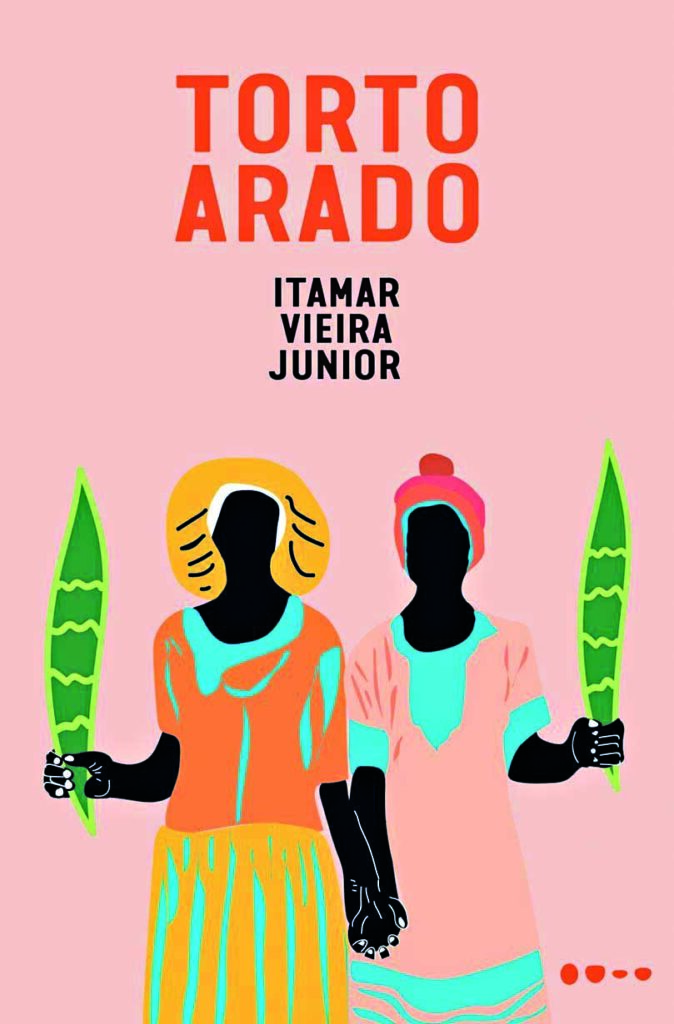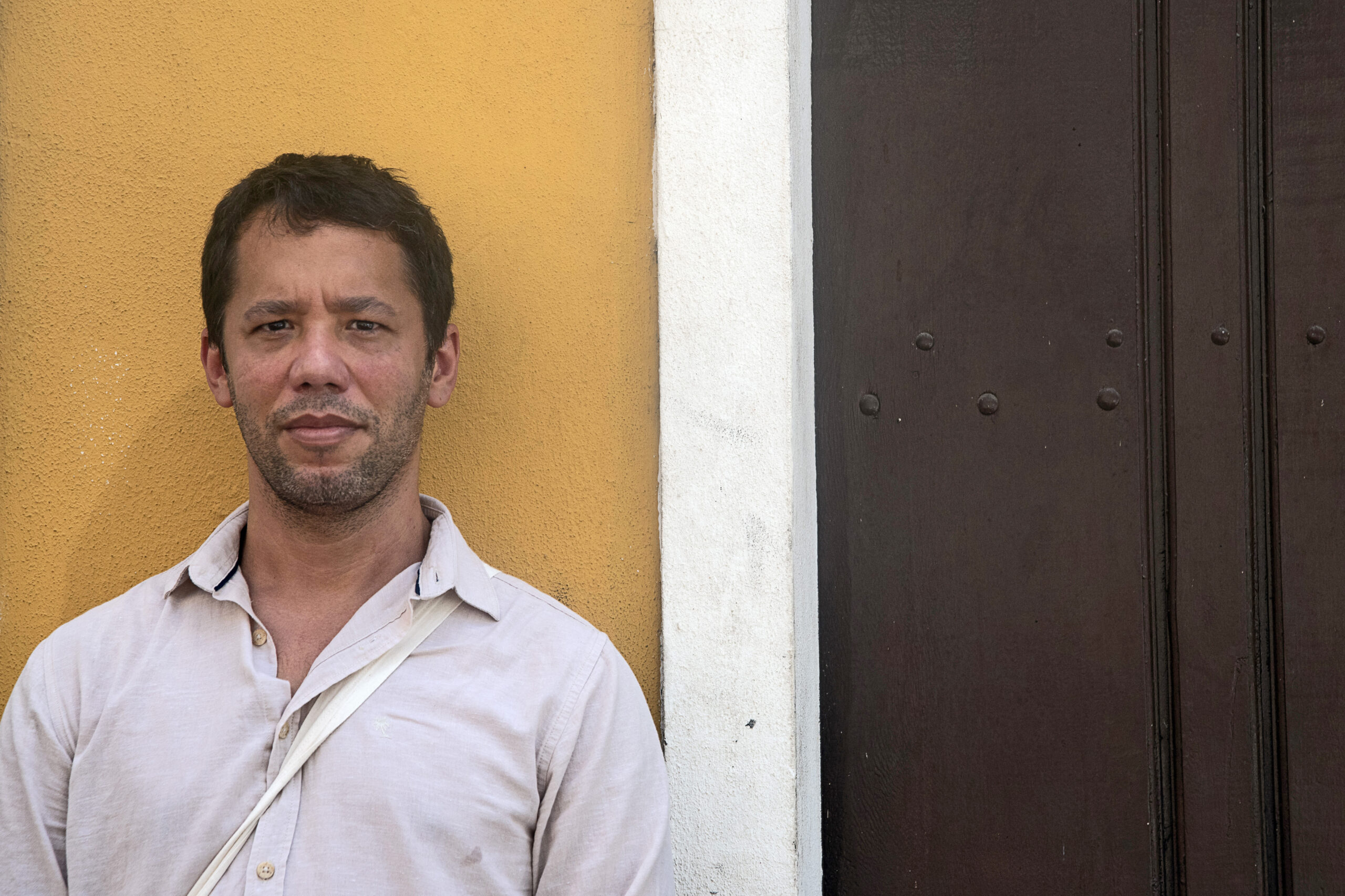This article is adapted from AQ’s special report on the battle over fake news
SÃO PAULO – In 1888, Brazil became the last country to abolish slavery in the Americas. But for many of those who had been considered possessions, emancipation brought little change. More than 130 years later, some in the remote, semi-arid hinterland of Brazil’s northeast live under arrangements that seem a holdover from the era of slavery, without access to education, a permanent home, or ownership of the land they have worked for generations.
This region, known as the sertão, is the setting for Torto Arado, the bestselling 2018 novel by geographer-turned-writer Itamar Vieira Júnior. The land is a conspicuous presence on every page of the book, whose title translates to Crooked Plow. Dust covers the characters’ bodies and few belongings after a day of hard labor in the fields. Mud is used to build the walls of their temporary huts. The earth fills their mouths, takes their dead children, and is their only means of survival.
Set in the Diamantina Mountains in the state of Bahia, far from the state’s paradisiacal beaches, Torto Arado follows two sisters growing up in a community of Afro-Brazilians whose lives resemble those of their ancestors. At the book’s outset, the sisters’ curiosity about their family’s past results in an accident that leaves one of them permanently unable to speak. The first two parts of the novel are told by the two sisters: Bibiana moves away and soon begins to grasp the extent of the injustice imposed on her people, while Belonísia never leaves her small town. The book ends triumphantly in the voice of a female African divinity, channeling this community’s anger, mysticism and strength.
A tour de force of injustice, tragedy, affection and human dignity reminiscent of Victor Hugo’s Les Misérables or John Steinbeck’s The Grapes of Wrath, Vieira Júnior’s book garnered top literary prizes in Portugal and Brazil. Its author has drawn comparisons to Jorge Amado, the giant of Brazilian letters who introduced the magic and plight of Afro-Brazilians to the world.

Crooked Plow
by Itamar Vieira Júnior
Todavia
Paperback
264 pages
The world is already taking note of Vieira Júnior. Torto Arado also won a prize in Italy, and publishing rights have been sold in nine countries. The U.S. National Endowment for the Arts awarded a grant to Montclair State University Professor Johnny Lorenz to translate the novel into English, and a production company has acquired the rights to make a series or film for a streaming service.
Humble origins make Vieira Júnior’s international success appear still more impressive. While studying at the Federal University of Bahia, supported by a scholarship for low-income Black students, he worked as a clerk at a grocery store and pharmacy before taking a post as a researcher at the national land reform agency. Vieira Júnior then spent 15 years crisscrossing the vast states of Bahia and Maranhão, spending long periods among rural laborers. These travels provided the material for Torto Arado, written discreetly over several decades.
Perhaps most impressive in Vieira Júnior’s work is the sensitivity it displays in treating the struggle of the most vulnerable members of the community he describes: the women. “In that hell named Caxangá, the hell of slavery to which she was accustomed as if it were her native land,” Vieira Júnior writes of one of his characters, “she was not allowed to give birth to her son at home.” The women in his novel must bear children every year, go hungry to feed them, and live under the same thatched roof with their violent husbands—yet sometimes they still manage to improve their fates by resorting to the only methods available to the truly desperate.
—
Fontana is a writer, economist and translator based in São Paulo






